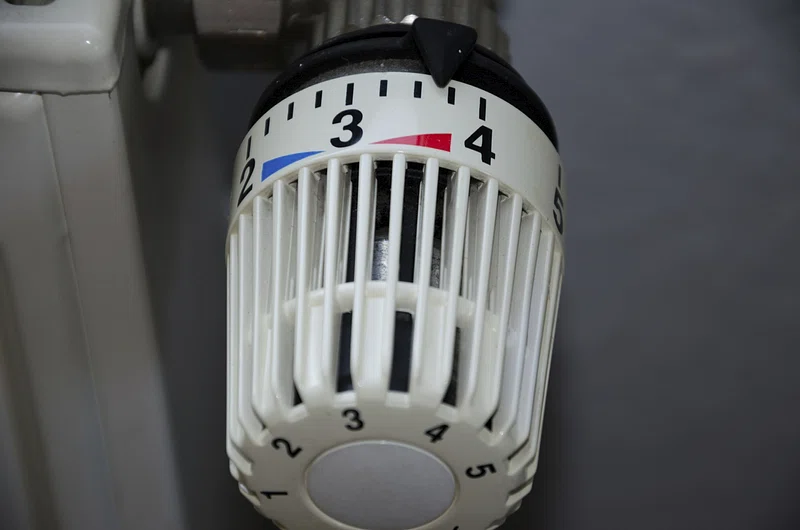If your water heater suddenly becomes dangerously hot, it can be more than annoying; it could actually end up burning you and your family members.

Fix the issue before it escalates further. Here are 6 Reasons Why Your Water Heater Is Overheating and Solutions to Each.
For additional information and to engage a specialist for your plumbing system difficulties, visit this website.
Your water heater’s thermostat may become misaligned, leading to inaccurate readings of temperature that cause too-hot water.
Erratic temperatures can occur when your thermostat is placed near areas with extreme temperature differences in your home, such as windows or doors. To remedy this, try moving it into more central positions in your house.
However, if your hot water remains too hot after readjusting the thermostat, faulty heating elements could be at fault and need replacing by professionals – this is a common problem among electric hot water heaters that could endanger you and your family’s well-being.
Your hot water heater contains a thermostat that regulates the temperature of your water.
If this thermostat becomes damaged or nonfunctional, its functioning could be disrupted and cause it to overheat – leading to serious consequences in terms of overheating your tank and potentially overburdening.
Your thermostat’s malfunction could result in overly-hot water being delivered and an increased energy bill, potentially scalding hot spots of hot water pouring through, and an extra long session at high energy consumption.
As soon as your thermostat begins to malfunction, the first thing you should do is inspect its batteries. If this doesn’t help, professional diagnosticians and repairmen must be called in to assess and address the issue.
Read Also:
Water heaters contain sediment in their tanks, but too much can obstruct heating elements from accurately sensing temperature and knowing when to shut off, potentially leading to overheating, malfunctioning, or thermostat failure in time.
Accidentally exposing elderly or younger family members to too-hot water can be extremely hazardous, particularly as their pain threshold may not respond quickly enough. Children are especially at risk since their skin scalds four times faster than adults’ does.
If your water becomes suddenly too hot, begin by checking the thermostat. Be sure it sits flush against your tank to ensure accurate readings, loosen any mounting screws if necessary, and readjust for accuracy.
If your thermostat is acting up, there could be many potential causes. First, replace the batteries. If that does not solve the issue, look for any blown fuses or circuit breakers in the electrical panel which have tripped, and reset as necessary.
Dust can also prevent your thermostat from functioning correctly. To clean this off, take off its cover and use canned air or a soft artist brush. Also, check for loose terminal screws; tighten them if needed and contact a professional who can come inspect it for you.
leaky thermostats can damage both your water heater and energy bill significantly, so if you detect leakage near your thermostat it is imperative that you contact a plumber immediately.
The thermostat is responsible for turning off heating elements when water reaches its desired temperature, but if set too high it could result in scalding hot water that needs to be adjusted down by approximately 120 degrees Fahrenheit to avoid scalding hot spots.
If lowering it doesn’t seem to help, or it still won’t turn off, chances are high that it has malfunctioned and needs to be replaced immediately.
A thermostat works similarly to the radiator cap of your car: it prevents coolant from flowing over your engine until temperatures become warm enough for it to open and allow coolant through.
If a thermostat becomes stuck, however, it cannot properly regulate your home’s water temperature.
Scalding hot water from your faucets and showerheads may lead to third-degree burns in just two seconds or less, which poses serious health risks for elderly individuals and young children who are more susceptible to burning than adults.
You will need a new thermostat as even minor bumps or drafts can throw off non-digital thermostats, leading to setting and temperature discrepancies.